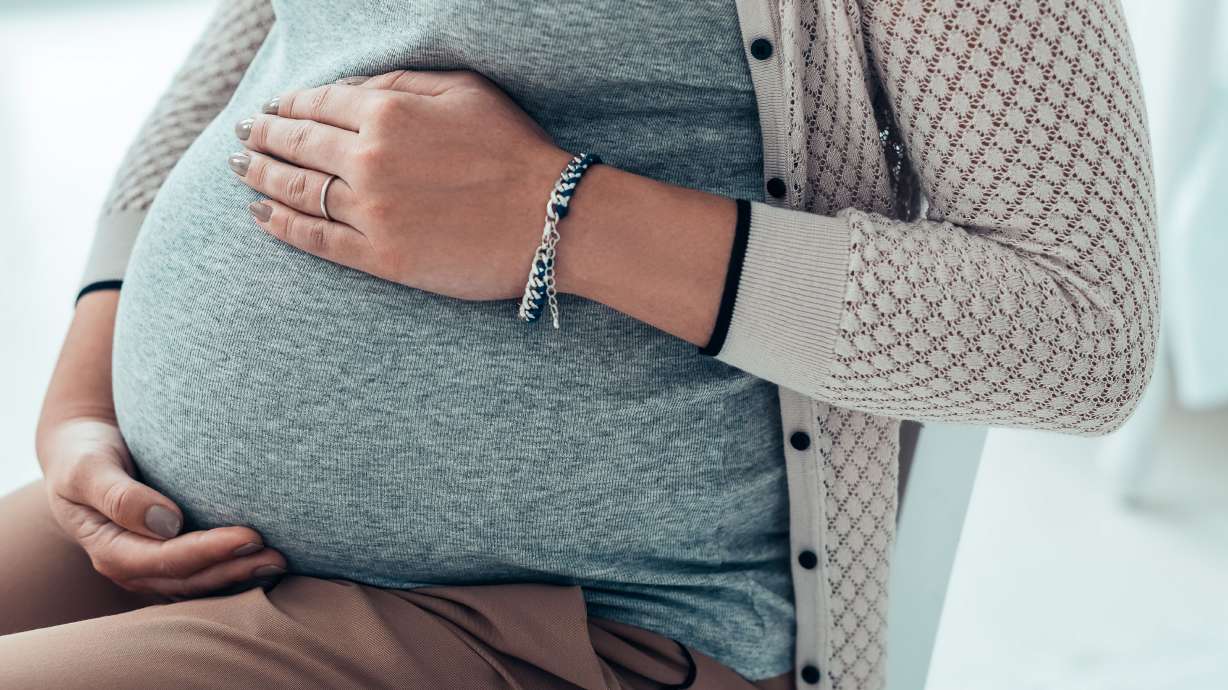Estimated read time: 3-4
minutes
SALT LAKE CITY — Women who have depression during pregnancy or in the perinatal period after are at greater risk of suicide than those who don’t have depression, according to a pair of international studies that looked at data for more than 950,000 women in a massive Swedish registry.
The elevated risk remained higher through an 18-year follow-up period.
One study, published in JAMA Network Open, said the risk of suicidal behavior — including attempted or completed suicide — was three times greater for women who had perinatal depression. The National Institutes of Health says the perinatal period is broadly defined as the year before to up to two years after the birth of a child.
The researchers found the risk was greatest within a year following perinatal depression diagnosis — and was three times higher than that of women who were not affected by depression. “Notably, the association was greater among women without a history of psychiatric disorders, and comparable between women with a history of depression and women with a history of other psychiatric disorders.”
Although the risk of suicidal behavior diminished over time, it was still double that of women who didn’t have pregnancy-related depression.
The researchers said the finding suggests “vigilant clinical monitoring and interventions are needed for this vulnerable population to prevent such devastating events.”
The second study, in the journal BMJ, looked at death of any cause in those who had perinatal depression. The risk of death increased for postpartum depression, again more pronounced within the first year. They noted that while the strongest association with death was in cases of suicide, “suicide was rare.”
The study included comparing 20,000 women with perinatal depression to their biological sisters who gave birth around the same time without evidence of depression. They did that to make sure there wasn’t a confounding genetic link. The researchers learned that sisters with depression were at three times greater suicide risk than sisters who did not have depression.
They concluded that “even when accounting for familial factors, women with clinically diagnosed perinatal depression were associated with an increased risk of death, particularly during the first year after diagnosis and because of suicide. Women who are affected, their families and health professionals should be aware of these severe health hazards after perinatal depression.”
The New York Times looked behind the numbers, reporting: “The average age at which women experienced perinatal depression was 31. They were more likely than those without the illness to live alone, to have lower income and less formal education, to have smoked recently and to have not given birth before, among other characteristics, the researchers reported.”
The Times said the women were “also more likely to have had previous psychiatric disorders or suicidal behavior. But the studies found that regardless of whether women had other mental health problems, perinatal depression increased the risk of suicidal behavior and death.”
University of San Francisco Health says about 9% of pregnancies include some perinatal depression. The American Psychiatric Association emphasizes that it is treatable.

